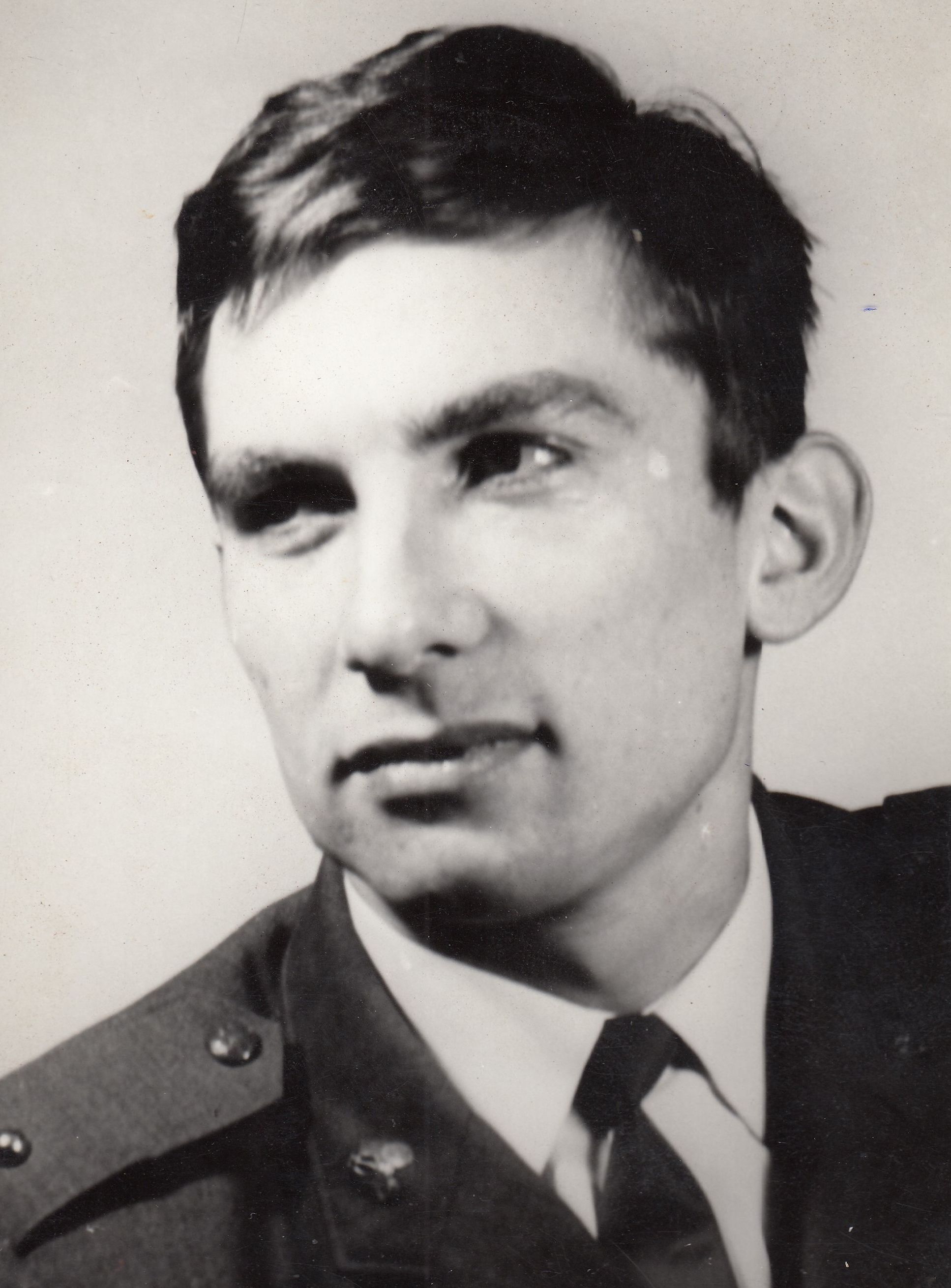No one ever told us anything about faith because they knew we stood for it

Stáhnout obrázek
Zdeněk Nevšímal was born on August 11, 1949 in the village Pěkná (formerly Šenava, in German Schönau) in southern Bohemia into a strongly religious Christian family. His father Jaroslav Nevšímal came to the village in 1946 from Chýstovice in Pelhřimov area to take over the cattle after the displaced Germans, and he stayed in the village. Zdenek‘s mother Kristýna Nevšímalová (née Kadlíčková), originally a nurse, worked together with Zdenek‘s father in agriculture in the village Pěkná. From an early age, the witness was led to religion by his parents, thus he became a witness to the transformation and gradual decline of the religious life of local residents in the 1950s. In 1965, after graduating from the burgher school, he entered the Agricultural Mechanization School in České Budějovice. He experienced the dramatic events of August 1968 as an eighteen-year-old in the combine summer job organized by the Unified agricultural cooperative Volary, with which he was in Počepice near Sedlčany to help with the harvest. After graduation, he applied for a position at the the Unified agricultural cooperative in Volary. However, the local comrades were not interested in him, the reason being the antipathy of several of them to his father. In 1969, he joined the army for mandatory basic training. He remained in the army until 1979 as a professional soldier. He is very critical of the conditions and development of the Czechoslovak army in the seventies. He then joined the Igla company, where he worked until his retirement. In 1988, during an interrogation by the State Security, according to his words, he unknowingly signed the cooperation for the promise that his children would be able to attend religion classes. He states that the State Security was contacted only once, in the revolutionary days of 1989, and did not harm anyone. In 2022, he lived in České Budějovice and helped in the church of St. Vojtěch in České Budějovice as a churchwarden.













